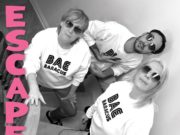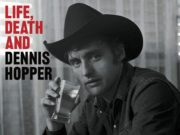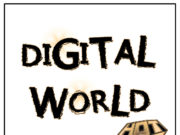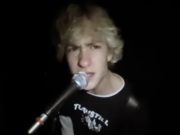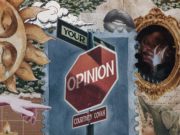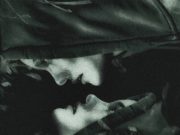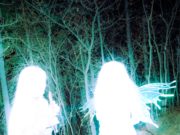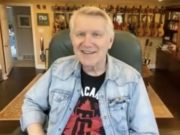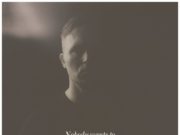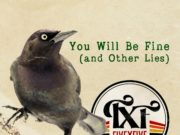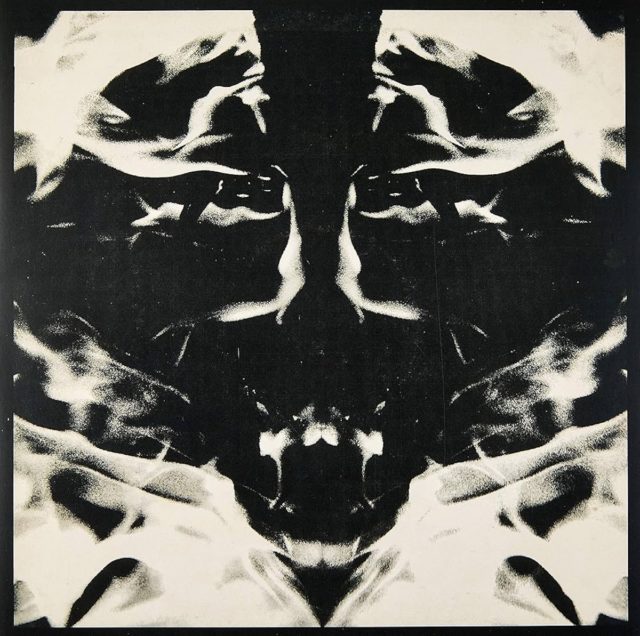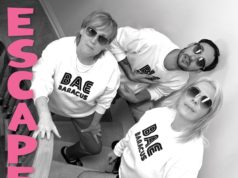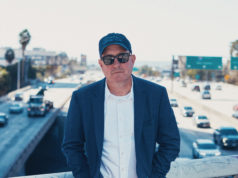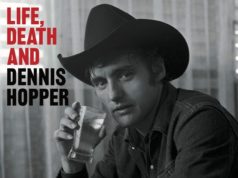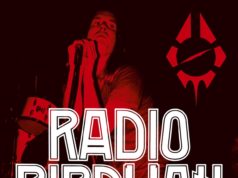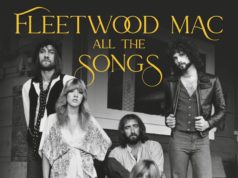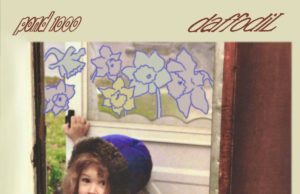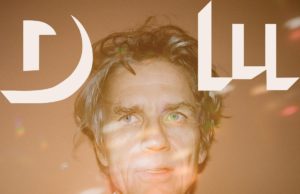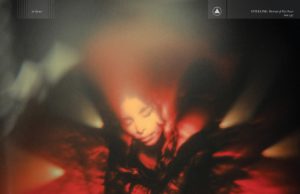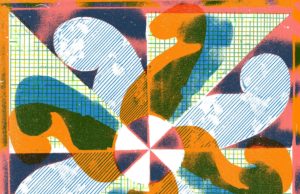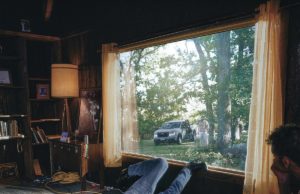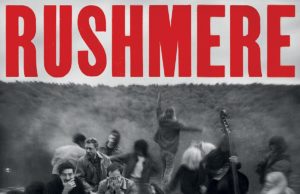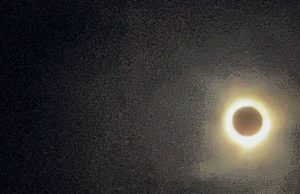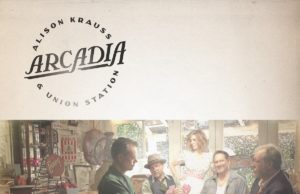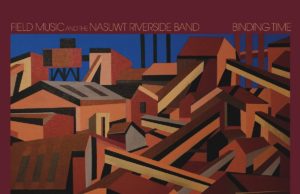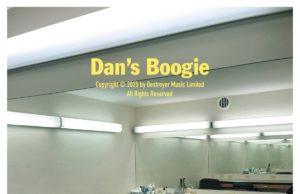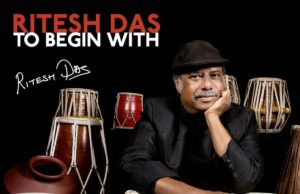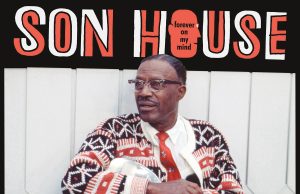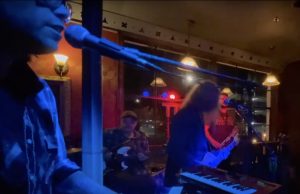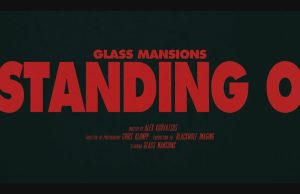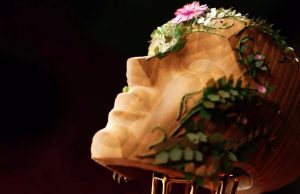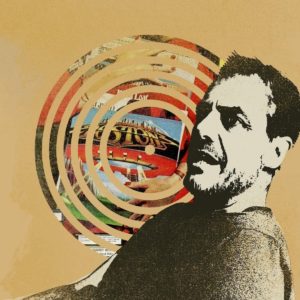 More and more I’m discovering that the pre-All The Young Dudes era of Mott The Hoople was their best. Beyond special. This was the period from their inception in 1969 through 1971. That year — following the release of their flop fourth album, Brain Capers — the band had basically decided to break up. Famously, one of their fans wouldn’t hear of it. David Bowie. Certain that all the band needed was a hit single, he offered them a song. But the band wasn’t fussed with the track. Just some throwaway called Suffragette City. (Considered by some to be Bowie’s greatest Ziggy-era song).
More and more I’m discovering that the pre-All The Young Dudes era of Mott The Hoople was their best. Beyond special. This was the period from their inception in 1969 through 1971. That year — following the release of their flop fourth album, Brain Capers — the band had basically decided to break up. Famously, one of their fans wouldn’t hear of it. David Bowie. Certain that all the band needed was a hit single, he offered them a song. But the band wasn’t fussed with the track. Just some throwaway called Suffragette City. (Considered by some to be Bowie’s greatest Ziggy-era song).
Undaunted, Bowie offered them another, which they accepted: All The Young Dudes. It worked. The single thrust the band to stardom for the next few years and is considered Mott’s defining song. A bona fide classic.
But for me, as much as I love the 1972-1974 glam years they’re famous for, the darker and often heavier early period is far superior. Their self-titled 1969 debut record was a cult success. I’ve had it for years. Last year, Brain Capers (1971) was recommended to me by my band’s bass player, who told me it was his personal favourite. I found a copy, and he’s not wrong. Brain Capers is incredible.
But there were two other albums sandwiched between those — 1970’s Mad Shadows and March 1971’s Wildlife (Not to be confused with Wings’ December 1971 debut, Wild Life). I hadn’t heard either of those missing-link albums. None of the pre-Dudes albums are on Spotify, by the way.
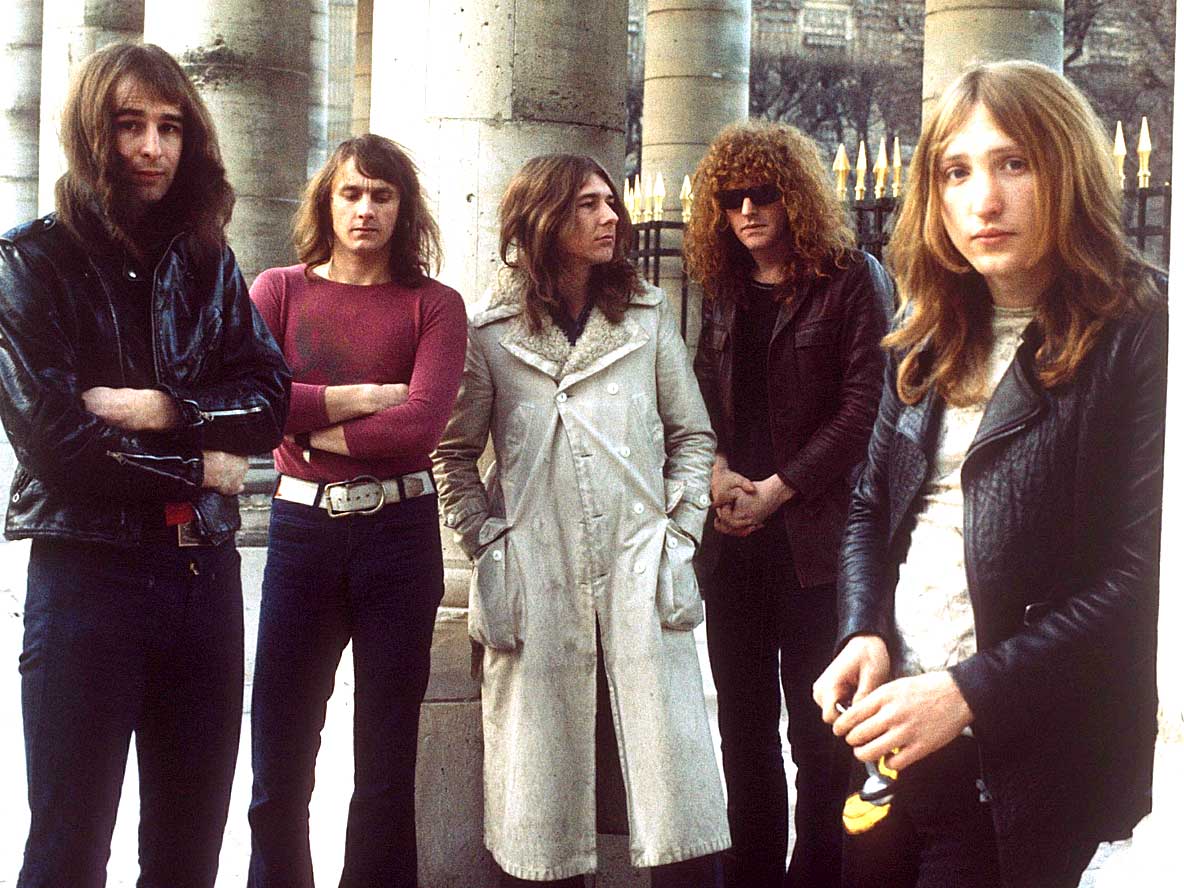
Mad Shadows was recently available through Ottawa’s The Record Centre, and I snapped it up. Most of the reviews I read of it are not positive — and it was a flop, only reaching No. 48 on the U.K. charts before disappearing entirely after two weeks. But I’m here to tell you it’s a goddamned masterpiece. Dark, heavy, emotional and free. It’s only available streaming via YouTube and Deezer.
The album gets its name from a Beaudelaire poem, which is reprinted on the back of the gatefold sleeve. But it wasn’t supposed to be called that at all. The album was recorded in Studio 1 at Olympic in London at the same time as The Rolling Stones were recording next door, in the freshly redesigned (with input from Mick Jagger) Studio 2. Mott producer/manager Guy Stevens was cozy with the Stones and spent a fair bit of time visiting them. During one of those visits, he shared with them the intended title of the new Hoople record — Sticky Fingers. The Stones still didn’t have a title for the record they were making, and decided to nick it. I’m sure the band were pissed, but it’s hard to argue with The Rolling Stones, or your producer/manager — when he’s the guy who put the band together and was paying for everything.
This may be why Mott, in turn, used the actual chorus refrain of Jumpin’ Jack Flash for the Side 1 closer Walking With A Mountain. But it gets more sordid. Mad Shadows was supposed to be the title of the upcoming Traffic album, which instead became John Barleycorn Must Die. In another related story, the title of the Traffic album The Low Spark of High Heeled Boys is a pisstake at Mott’s sloppiness. Stevens, a rock purist, was not keen on fixing performance flubs. He preferred to capture live performances as much as possible.
The cover artwork fooled me. I thought it was a Rorschach test. But it’s actually a photograph by Gabi Nasemann — a mirror image of a fire grate (the thing you put logs on in a fireplace). Nasemann’s work can also be found on the 1973 Hawkwind album Space Ritual. When the album was to be called Sticky Fingers, the plan was to use an entirely different image. It wasn’t as good. The image was an illustration of Frankenstein driving a tiny hot rod. I did some digging and found the image, which seems to have been taken from the box of a 1964 Aurora plastic model kit. Mott organist Verden Allen used the image as the cover of his 1994 solo album Long Time No See (which includes a cover of the Allen/Ian Hunter-penned Death May Be Your Santa Claus, from Brain Capers).
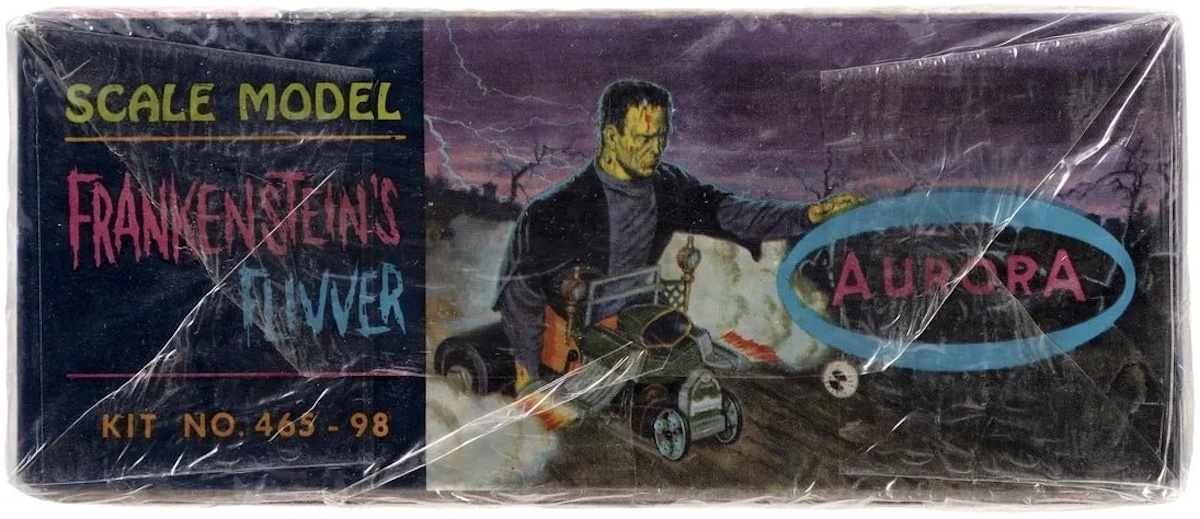
While producing Mad Shadows, Stevens was in deep with drugs. He wanted the album to be dark. As luck would have it, lead vocalist and bad pianist Hunter had loads of darkness to relate. Hunter was added to the pre-existing band by Stevens, who believed they lacked a frontman. In that role, Hunter was acutely aware of being nearly a decade older than his bandmates. He was 31 in 1970. Stevens was no longer sure Hunter was a fit and was considering making guitarist Mick Ralphs the frontman. Ralphs, then 26, sings and wrote the album opener Thunderbuck Ram.
Making matters worse for Hunter was the fact that his wife had just left him and returned home to Shrewsbury with their two kids. This reality flavours much of Hunter’s lyrics on Mad Shadows. Like this one from the seven-minute epic which opens Side 2, I Can Feel.
“Well I know this life is real
If I close my eyes I see
All around me worlds of a million ways
But still I feel
The truth is here in me
It does not matter what you see
For my face is living on borrowed time
But still I feel
So bury me alone
You can take your flowers home
For there ain’t no peace in this world that I know
But I can feel.”
Many of the songs feature the vocalist wailing in agony, torn between his dreams and his responsibilities — a reality which was still foreign to his 20-something bandmates, who nonetheless had the job of interpreting Hunter’s pain. While Stevens may have had cause for concern over the dynamic between his frontman and backing band, the young men embraced Hunter. There’s even a track called You’re One Of Us. It’s all incredible stuff. This is rock ’n’ roll as I like it best. A must for any collection.
The best news, however, is I still haven’t heard Wildlife — so I have that to look forward to. Can’t wait.
5/5
Other Songs That Were Offered to Artists Who Turned Then Down
Mott The Hoople were far from alone in rejecting a classic song. Hell, they might not even have been alone in rejecting a David Bowie classic: Depending on which story you believe, Elvis Presley was offered Golden Years but turned it down.
True or not, there are dozens of lucrative or memorable songs which were offered to artists who rejected them for one reason or another — personal preference, contractual obligations or unavailability. Usually, the song gets shopped around until someone takes it. Here’s a list of some that were recorded by the songwriter after being nixed.
Suffragette City | Offered to Mott The Hoople by David Bowie, who recorded it himself in 1972.
Superstition | Offered to Rufus by Stevie Wonder, who recorded it himself in 1972.
Hungry Heart | Offered to The Ramones by Bruce Springsteen, who recorded it himself in 1980.
Don’t Worry Baby | Offered to Phil Spector for The Ronettes by Brian Wilson, recorded instead by The Beach Boys in 1964.
Powderfinger | Offered to Lynyrd Skynyrd by Neil Young, who recorded it himself in 1979.
Sedan Delivery | Offered to Lynyrd Skynyrd by Neil Young, who recorded it himself in 1979.
Rock Your Body | Offered to Michael Jackson by Justin Timberlake, Pharrell Williams and Chad Hugo, recorded instead by Timberlake in 2002.
Born To Be Wild | Offered to The Human Expression by Mars Bonfire (Oshawa’s Dennis Edmonton), recorded instead by Steppenwolf in 1968.
You Belong To Me | Offered to Dr. Feelgood by Elvis Costello via Nick Lowe, recorded instead by Costello in 1978.
The Long And Winding Road | Offered to Tom Jones by Paul McCartney, recorded instead by The Beatles in 1969.
Happy | Offered to CeeLo Green by Pharrell Williams, who recorded it himself in 2013.
Boys Of Summer | Offered to Tom Petty by his guitarist Mike Campbell, recorded instead by Don Henley in 1984.
Don’t Do Me Like That | Offered to The J. Geils Band by Tom Petty, who recorded it with The Heartbreakers in 1979.
• • •
Area Resident is an Ottawa-based journalist, recording artist, music collector and re-seller. Hear (and buy) his music on Bandcamp, email him HERE, follow him on Instagram and check him out on Discogs.


